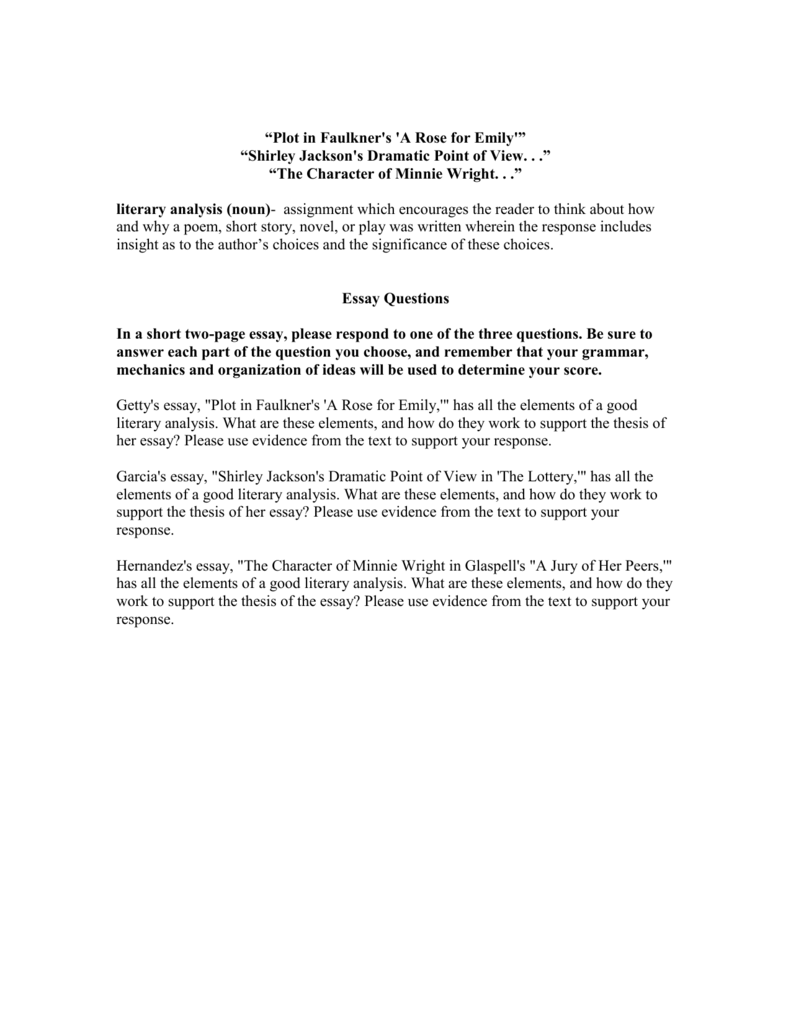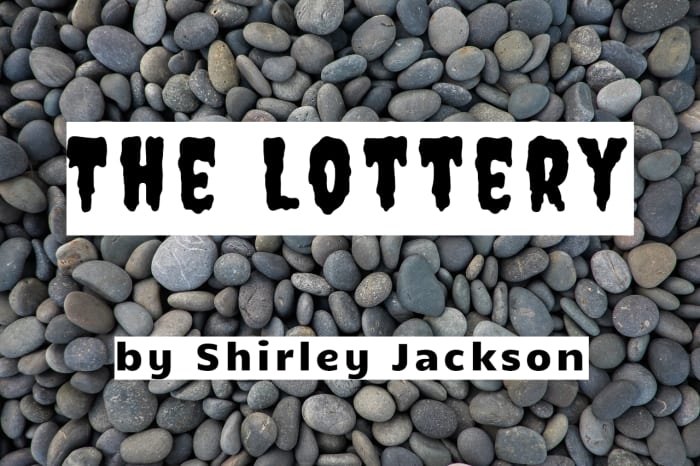

with one hand resting carelessly on the black box, he seemed very proper and important as he talked interminably to Mr. Summers, yet a very dangerous one is reported by Shirley (282) that, “Mr. Summers in this short story makes him seem a respected man as he coordinates various social activities. Summers, who is in charge of lottery, and his colleague Mr. This quite evident in the way such evils presented in this short story are happening in just friendly atmosphere, reflecting the camouflaging nature of humans.ĭespite the short story being not insidious until near its end, the author seems to be foreshadowing this notion of deadliness as brought out through M. It should be noted keenly that, this short story portrays extreme evil committed in just ordinary manner, which implies an underlying evil of man. Though the reader of this short story expects the practice of lottery to be beneficial to the villagers in a way, nothing of worth is gained form such practiced of lottery.

As stated in the story, “They greeted one another and exchanged bits of gossip…manhandling each other without a flinch of pity…” (Shirley 281).

More so, the unfolding of events in this short story seems as if Jackson is revealing the hypocrisy and evil-nature of human kind. This is reflected by her action of selecting a large stone ‘so large that she had to pick it with two hands in anger of ….” (Shirley 76). Delacroix is brought out in the story as being highly determined and quick tempered lady. Though this story is not dominated by many actions, characterization is well defined by the few actions the characters are involved.įor example, Mrs. One of the most outstanding tools of characterization in this short-story is actions. This paper presents the tools of characterization and the setting of the short story “The Lottery”. The ultimate fate of all the practices presented in this short story is marked by ‘death’, perceived as redeemer for many evils people commit against each other. Notably, the atmosphere created by Jackson in presentation of the sureness and the norm of the practice of lottery within the village is quite convincing that, this practice was readily welcomed. Basically, ‘lottery’ in this story is a yearly occasion in which an individual in the town is chosen at random to be stoned by hi/her allies and family members.


 0 kommentar(er)
0 kommentar(er)
